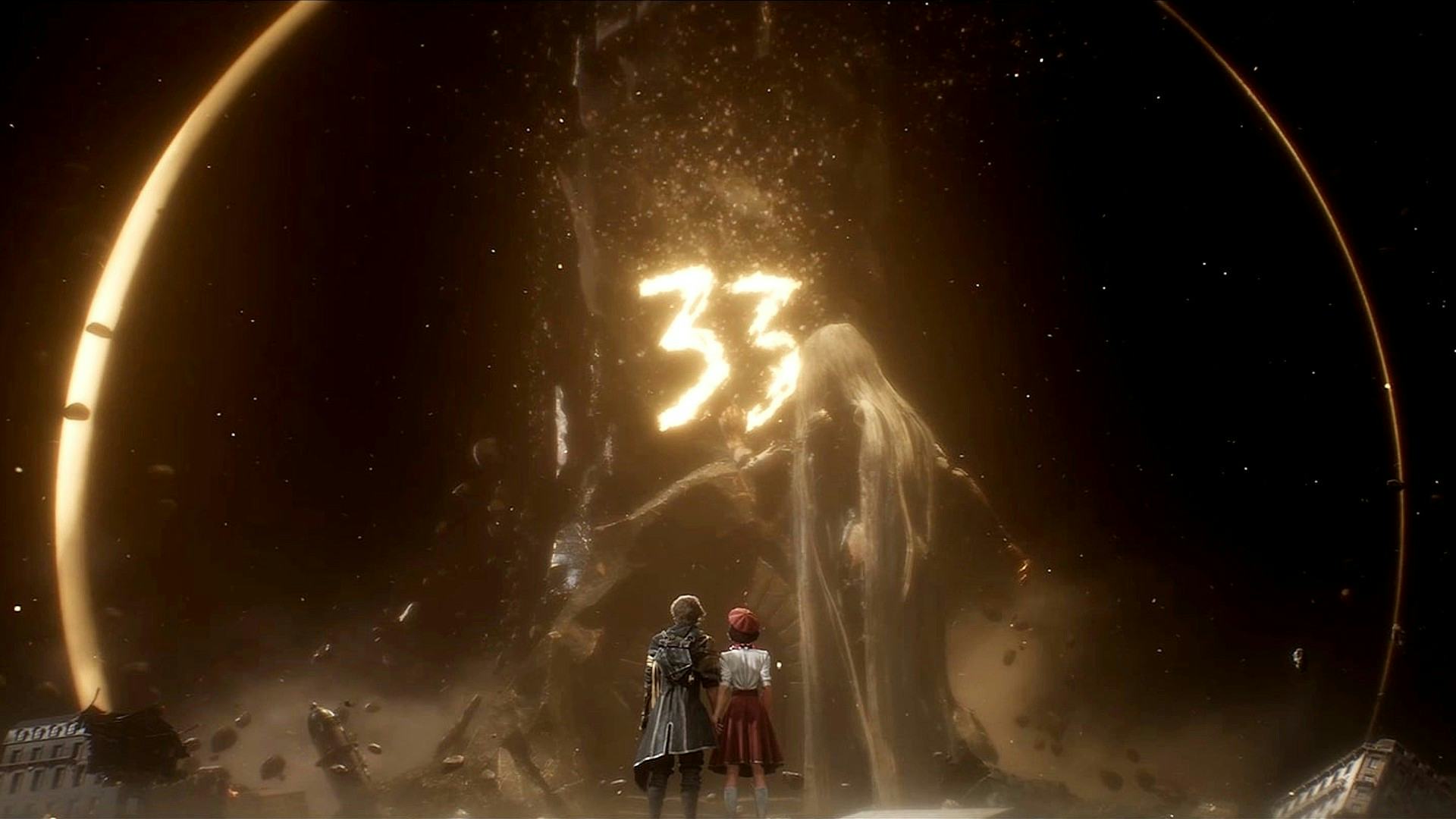
Clair Obscur: Expedition 33 has deservedly gotten a lot of attention for its superb combat system and complex storytelling. But one of the more difficult parts of the game to talk about is the massive narrative twists, which really require the entire context of the game to meaningfully examine. In particular, the first big twist is an ingenious turn that initially feels gut-wrenchingly shocking, but takes on some fascinating new shades with the context of Expedition 33’s ending.
Warning: There will be major spoilers for the entirety of Expedition 33 ahead.
Losing a loved one is one of life’s most difficult moments that anyone and everyone faces. But losing a sibling is a uniquely soul-altering event that changes the trajectory of your entire life, especially when it's sudden. Everyone expects their parents will pass away long before they do, but a sibling is someone you think you’ll be spending your life with — they’ll be there for every wedding, childbirth, and major milestone. When that future is ripped away from you, it inexplicably changes who you are as a person, and how you view life.
I’ve spent the last eight years grappling with that idea, coming to grips with the new reality that my brother, my best friend, is gone forever. Countless years of therapy and soulseeking have helped me move on with my life, in a way, but there’s a gaping hole in my chest that’s been there ever since.
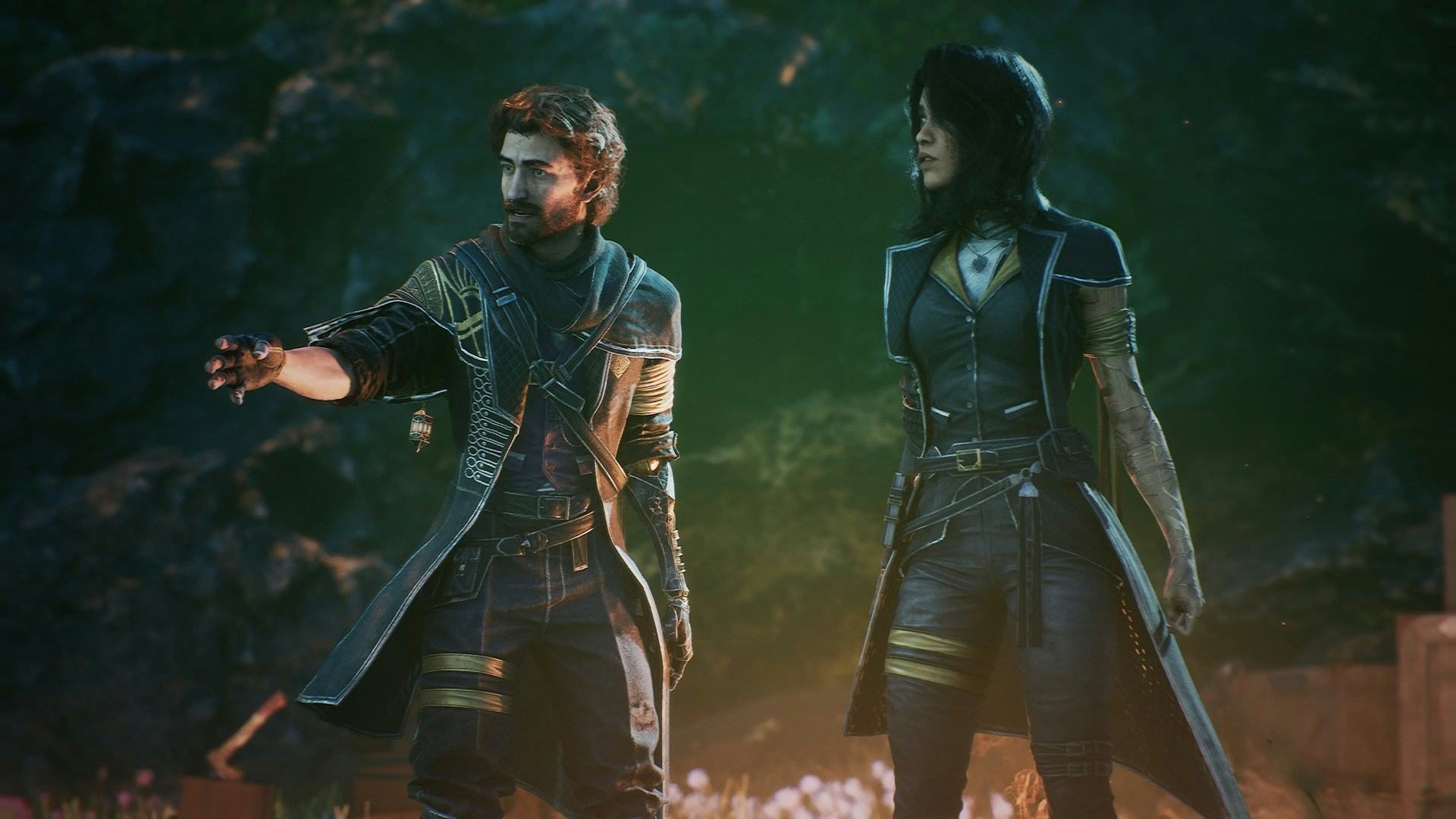
Video games have highlighted and helped me process a lot of things in my life, but never did I think I’d find a game that felt so closely tied to my personal experience of losing my brother — until Expedition 33.
Gustave is the first character we’re introduced to in Expedition 33, a kind-hearted inventor with a larger-than-life personality. What becomes abundantly clear right off the bat is how big of a heart Gustave has, how much he deeply cares about the well-being of those around him, wants what's best for them, and genuinely wants to make the world a better place. That’s most strongly represented in his close relationship with his adopted sister Maelle, who’s actually the main protagonist of the game.
While Gustave tries to convince Maelle not to set out on the Expedition, he ultimately respects her decisions as an individual — opting instead to try and guide her along the path she’s chosen. Guide is the key word here, as with any good big brother, that’s really what Gustave is — someone to help shepherd Maelle along in life. Someone who’s there not to judge her, but to pick her up when she makes mistakes, and encourage her successes. And that’s exactly what makes him the most important character in the game, as well as the most tragic.
Gustave simultaneously embodies the idea of grief and hope all at once. He’s someone whose life has been unwillingly ripped away from him, forced to give up almost everything he loves at every turn. He and his beloved Sophie had to give up having a child because of the Gommage, and the weight of bringing a child into that world. He’s forced to give up his life in Lumiere to pursue the Expedition. And ultimately, at the end of Act I, he gives up his entire existence to ensure a life for Maelle.
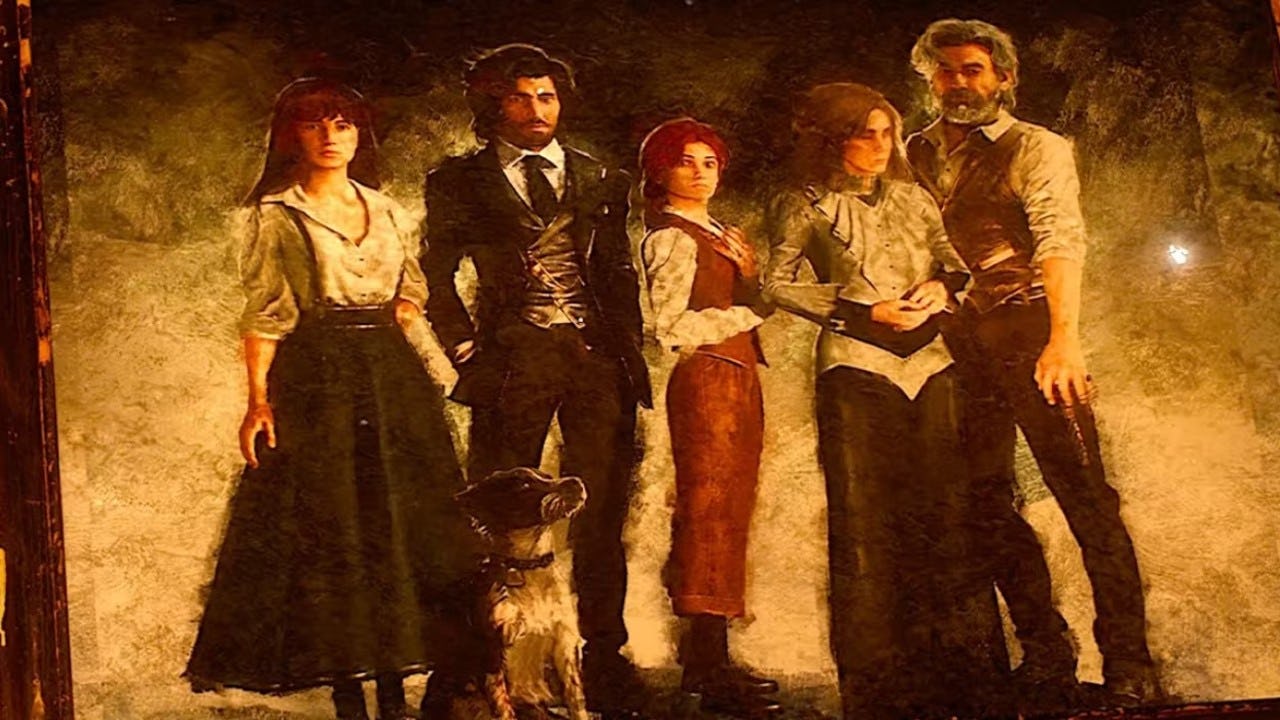
While the means of his struggles might be magical, it’s a struggle that so many younger people can identify with. My brother passed away seven years ago from a drug overdose, and in those last few months, I saw the brightest, strongest person I’d ever known turn into a shell of himself. But there were cracks that had started to form beforehand. He’d gone deep into debt with student loans, lost multiple jobs in the volatility of the restaurant industry, had his dog pass away, and any hope of buying a house had disappeared.
That’s an experience that I think is inherently relatable for many in Generation X, Millennials, and younger generations. Economic conditions have made owning a house nearly impossible, debts stack up, and more often than not, it’s hard to see an optimistic future. It was the right confluence of elements to make my brother turn to something else, and the predatory nature of hard drugs and dealers, to take advantage of someone. To take his future away.
Our experiences with video games are molded by our real-life experience, and so much of Gustave’s story echoes my brother's — a larger-than-life personality whose future is stripped away by outside forces.
But when you lose a sibling like that, it suddenly informs the rest of your life, your will to almost “live” for them in a way. Because of that, Gustave becomes the driving force behind the entire narrative of Expedition 33.
Despite his only being there for a third of the game, Gustave’s influence is felt everywhere. That loss is what drives Maelle forward, the gnawing grief that makes her so determined to save the world that she, and he, love so much. You see echoes of Gustave in every facet of the game from that point, even outside of the obvious moments of Maelle talking about how much he would have loved seeing things.
In camp, you always have the option to write in Gustave’s journal, letting Maelle carry on the legacy of the record he’d started recording. Even in combat, Gustave’s Overcharge ability had easily been your strongest offensive option, forcing you to fill it with something new. And that’s where Verso comes in, a secondary protagonist who ties Gustave’s story up with a tragic loop.
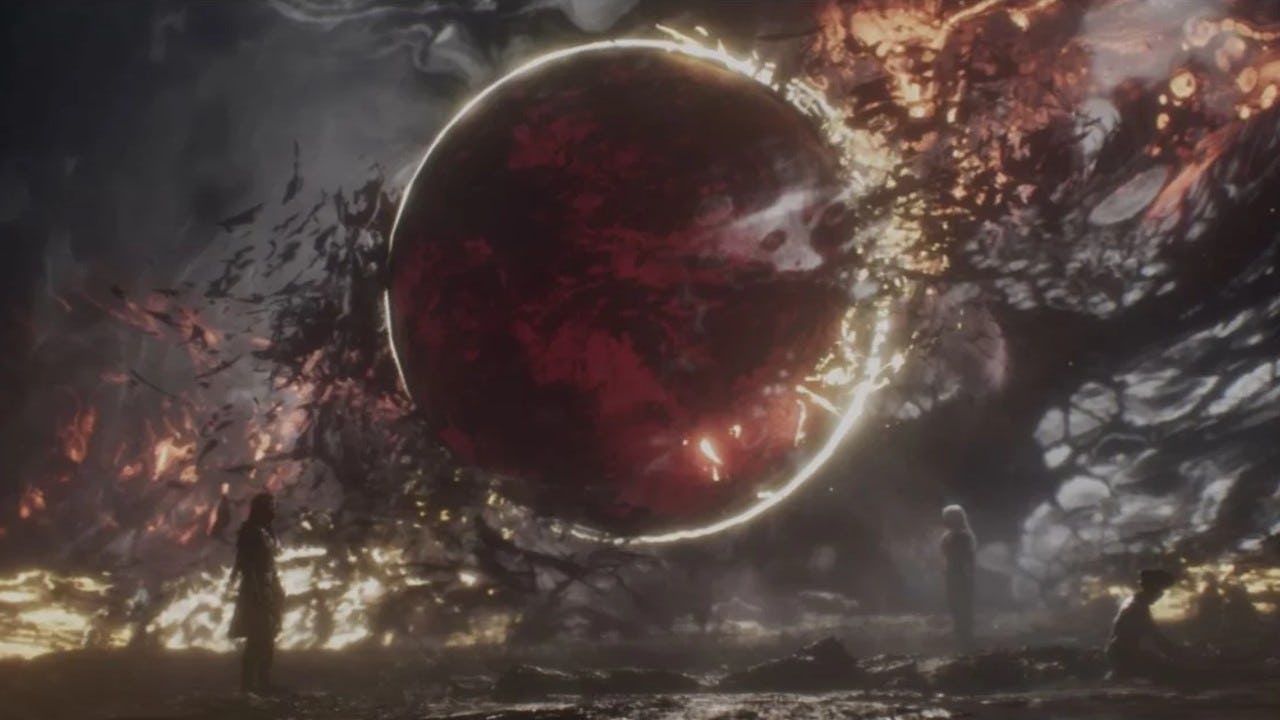
As we learn later, Verso is the painted version of Maelle’s (Alicia’s) real-life brother, who passed away in a tragic fire. Gustave filled that role of elder brother that Verso had been, giving Maelle a stopgap for her grief. But over time, Gustave’s relationship with Maelle turned into something much different. We then see that again when Verso joins the party — he’s Gustave, but a little different. His relationship with the party is different, and his combat style is similar but subtly changed. He’s not Gustave, and he never will be.
What we see here is a cyclical experience of grief, with Alicia trying to fill the void left by the original Verso. But the truth is that you never can fill that void, no matter how hard you try. You’ll find other people you care about, others who can feel like siblings, but it’ll never be the same. Maelle grows to love the painted version of Verso, but in a different way.
That entire idea is brought full circle in the two different endings of Expedition 33. Maelle’s journey in the game started because of Gustave respecting her wishes and letting her embrace her own life, and now the hardest decision yet is whether she can do that for someone else.
There are multiple moral conundrums at the heart of Expedition 33’s ending, but the choice between Maelle and Verso is embodied by the idea of grief and how we live with it. This painted version of Verso isn’t Alicia’s brother, never asked for this life, and doesn’t want it. In that moment, can Maelle learn from Gustave and respect Verso’s wishes to end things on his terms? Or is here desire for family too great, and how does that justify wiping out the rest of the world, and its people from existence?
There’s not a “good” ending here, and there’s not supposed to be. Grief is messy and shapes us in ways we don’t often like, but can’t deny. If I had the chance to try and bring a version of my brother back to life, would I? As much as I might want to say no, deep down, I can’t be sure of what answer I’d give if given the same choice as Maelle.
But what’s truly remarkable is how Gustave’s influence is still felt in those final moments of the game, how his spirit seeps into every facet of the game. It’s a testament to strong writing, but also how harrowingly realistic the game’s depiction of grief actually is.
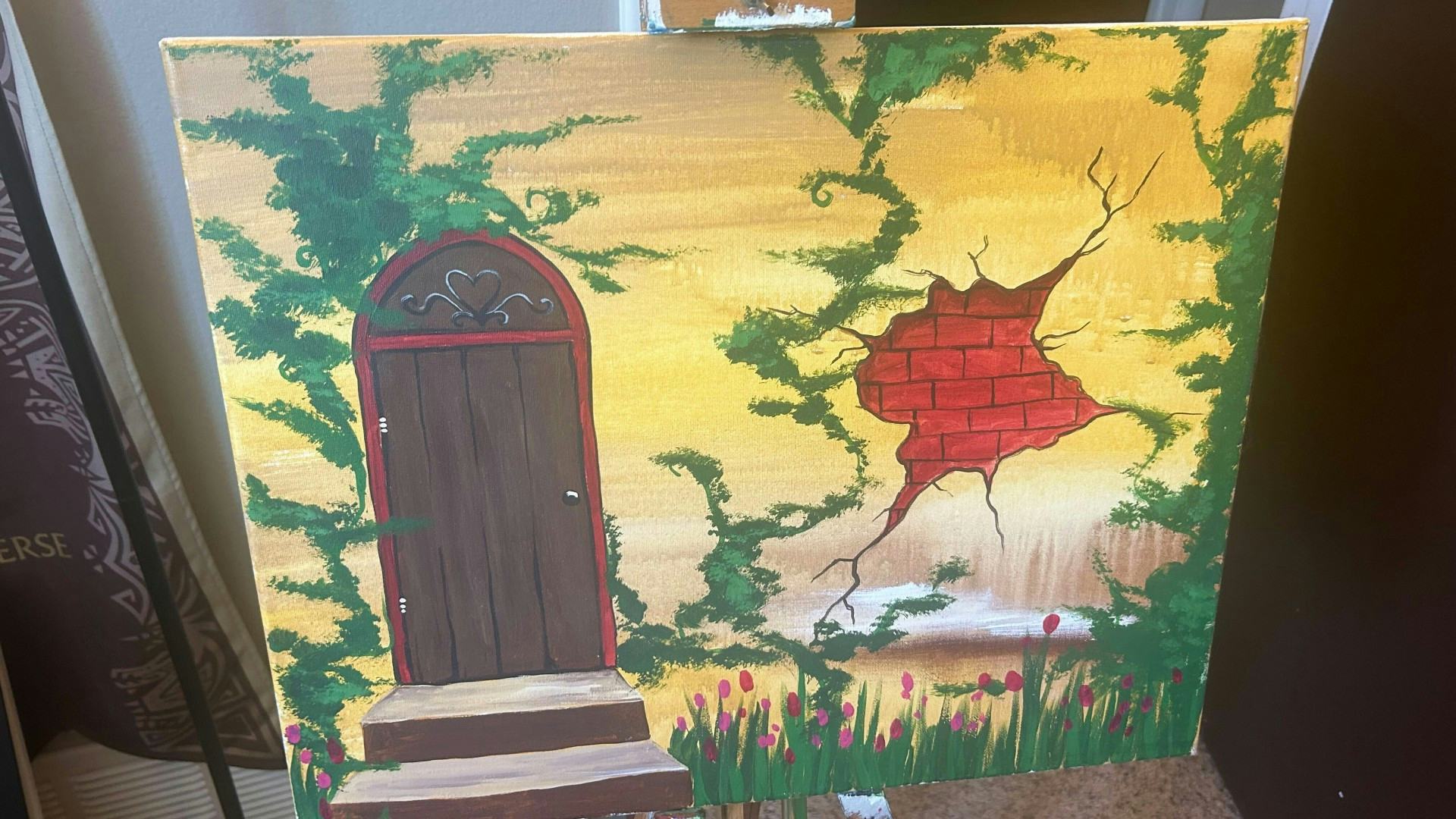
I almost can’t believe this game came along exactly in my life when it did. My brother died seven years ago at the age of thirty-three, the same age I am now — the same age the Gommage happens in Expedition 33. Even after all these years, I still see my brother in my dreams, think of him when I watch a hockey game, and he’s the entire reason I’m even writing this article right now.
It almost feels like fate that this is the game I get to use to talk about him, as I literally have his paintings sitting on an easel right next to my bed. Every week, I look at his paintings and wonder what he felt when he created them, wonder what kind of meaning he wanted to impart. And with that chance, I can share it with the world in a way he never got to.
The painted world of Expedition 33 evokes that same feeling in so many ways for me, a hard look at how grief molds us, how we can embrace it, and still find a way forward. The ones we lose are never really gone, as long as we keep living in their memory. And art can help them live forever.







